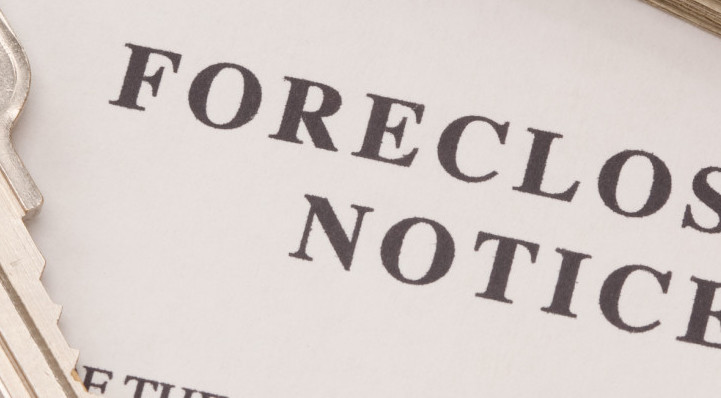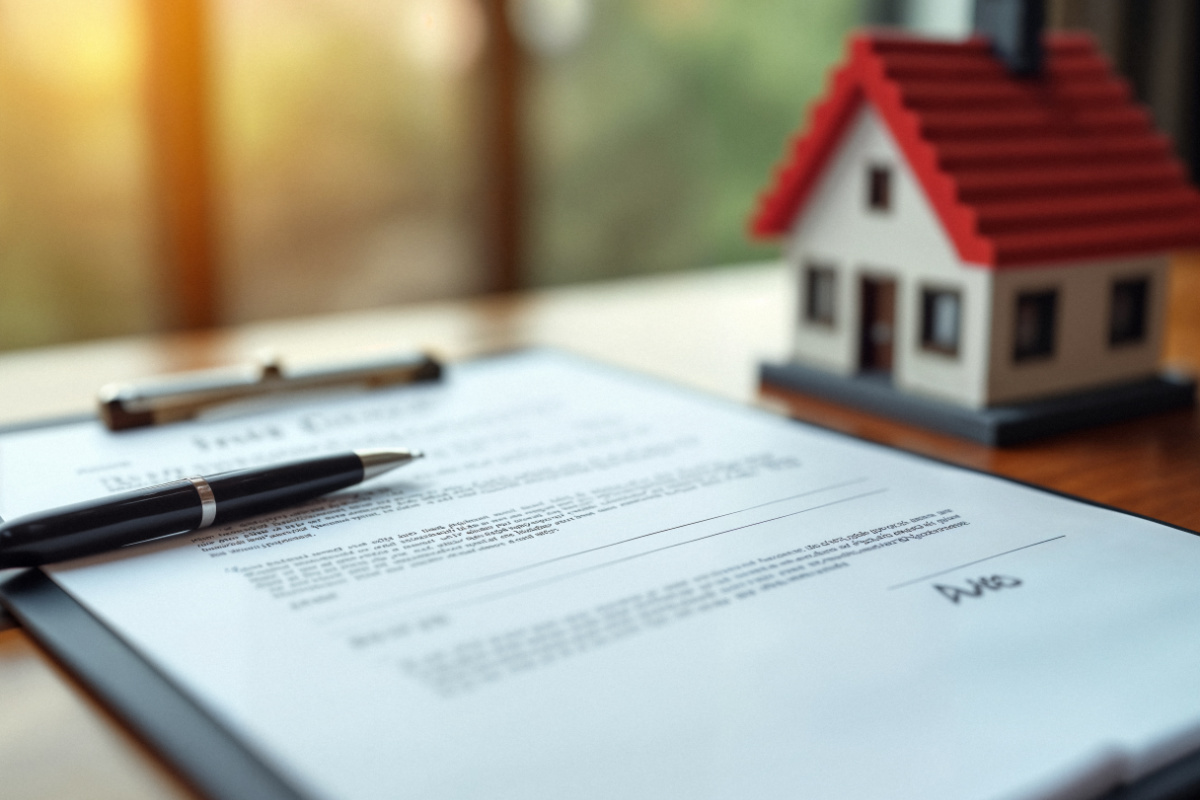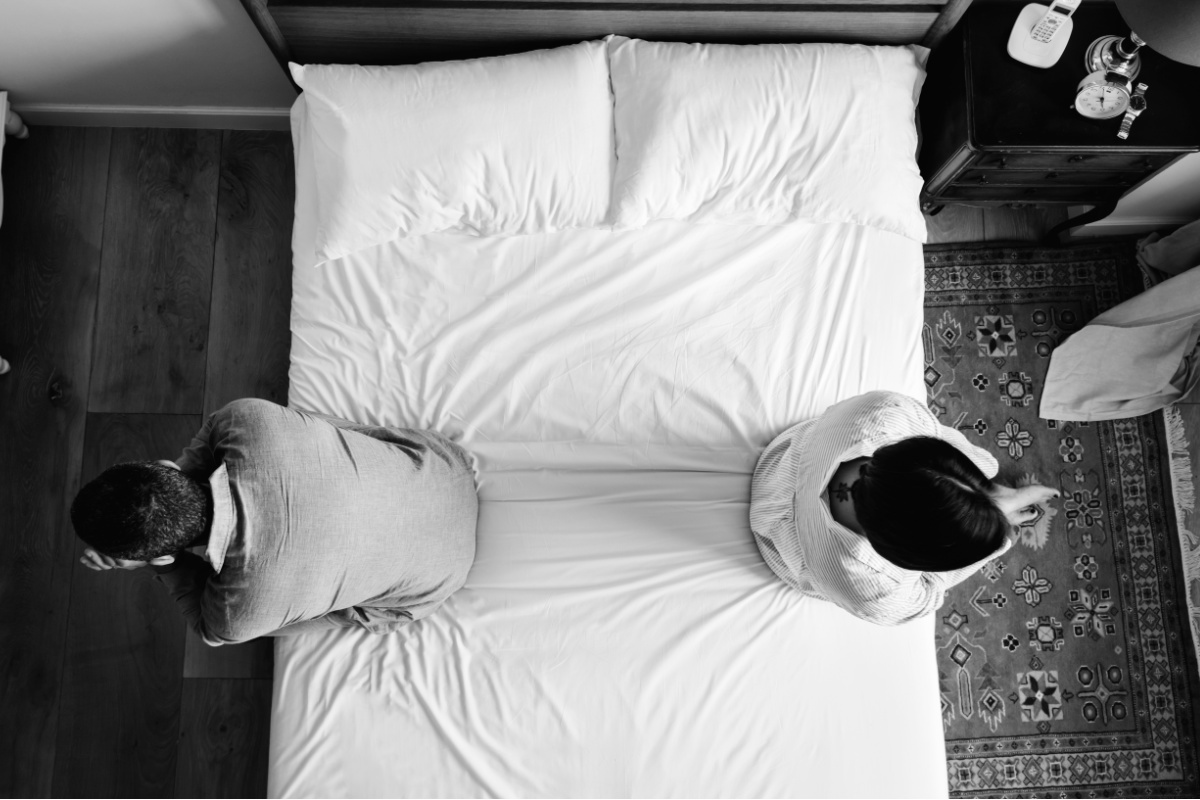When a homeowner is served a foreclosure Summons and Complaint in New York, they only have a limited time to file an Answer with the court. The amount of time allowed by the Civil Practice Law and Rules (CPLR) to file a response to a Summons and Complaint depends on how one is served. If a defendant receives the Summons and Complaint by personal service, they only have 20 days to file an Answer with the Court from the point in time at which service is deemed complete by CPLR § 308. If served by some other method, a defendant has an additional 10 days, for a total of 30 days from the point in time at which service is deemed complete. If an Answer is not filed within the time limits set by New York law, the court will consider the defendant “in default,” and the plaintiff will be able to make a motion for a default judgment against them.
Getting out of default in a foreclosure matter is not an automatic process. To cure a default, a homeowner has two options:
- Get plaintiff’s consent to file a late Answer, or
- File a motion with the Court and get judicial permission to Answer the Summons & Complaint late.
The first option is up to the lender and their attorneys. Plaintiffs are more likely to agree to consent to a late Answer if the defendant is only slightly late (for example a number of days or weeks not months) in interposing an Answer. A plaintiff will generally not consent after a foreclosure case has significantly progressed. However, a plaintiff may consent to a late Answer when the service of the Summons and Complaint was deficient, even if a long time has transpired since the default occurred.
When filing a motion with the Court to vacate the default and to get permission to interpose an Answer, the Court will consider a two pronged test. The first prong of the test is reasonable excuse. One must have a reasonable explanation as to why an Answer was not filed. Under CPLR § 5015, in order to file a late Answer in a foreclosure lawsuit, a defendant must seek the permission of the court by filing a motion. It is well established that New York State courts possess the inherent authority to vacate a default, in the interests of justice, pursuant to motion. See Government Employees Ins. Co. v. Employers Commercial Union Ins. Co., 62 AD2d 123, 404 NYS2d 652 (1978); Cabbad v. Melendez, 81 AD2d 626, 438 N.Y.S2d 120 (2nd Dept. 1981); Commissioner of Labor v. Eagle Comtronics, Inc., 104 App Div 2d 716, 480 NYS2d 647 (4th Dept. 1984); Columbus Realty Inv. Corp. v. G&S Winding Road, L.P., 257 AD2d 592, 684 NYS2d 270 (2nd Dept. 1999).
Some typical examples of a reasonable excuse include:
- The defendant never received the Summons and Complaint;
- The defendant was temporarily living outside the jurisdiction of the court, or ill in a hospital;
- The defendant thought they were being represented by counsel, but they were only representing them with regards to a loan modification.
The second prong is meritorious defense. A defendant must have a valid defense to plead in their Answer. Under CPLR § 317, a Court can exercise its discretion in vacating a default, by reason of a potentially meritorious defense which can be raised by a defaulting defendant; and given the public policy adhered to by the Courts in allowing for an actual determination of an action on the merits. See Stern v. Warren, George, Inc., 201 NY Slip Op, 82 Ad3d 873 (2nd Dept. 2011).
Some common examples of meritorious defenses include:
- If the plaintiff is not the legal owner of the defendant’s mortgage note. This defense is called lack of standing. The failure to raise standing earlier in the case does not operate as a permanent waiver of such defense. See HSBC Bank v. Picarelli, 110 A.D.3d 1031, 974 N.Y.S.2d 90 (2nd Dept. 2013); U.S. Bank National Association v. Sharif, 89 A.D.3d 723, 933 N.Y.S.2d 293 (2nd Dept. 2011);
- If the debt listed in the complaint is wrong;
- The service of the Summons and Complaint did not comply with statute.
- If the plaintiff failed to comply with 90-day pre-foreclosure notice regulations;
- If the statute of limitations has run;
- If an active servicemember is an owner of the property and on the mortgage. Servicemembers have special rights and may be able to get a stay of the foreclosure;
- If the defendant was not mentally competent at the time he or she signed the mortgage loan.
- The loan was illegal because the closing or sales process or the mortgage loan terms were fraudulent or unfair.
New York’s CPLR has a system in place to help prevent homeowners from losing their homes, but many foreclosure defendants do not understand that participating in settlement discussions does not relieve them of the responsibility of filing an Answer. In New York, CPLR § 3408 requires that residential homeowners in foreclosure actions have mandatory settlement conferences and that banks are stayed from prosecuting their foreclosure actions until the case is removed from the Foreclosure Settlement Part.
In the Settlement Part, homeowners can meet with the bank’s attorneys (and occasionally representatives from the lending institution) and attempt to work out a settlement to the case. Generally, the best outcome from these efforts will be a loan modification (though other types of settlements are available). If settlement discussions fail to provide a positive outcome for the homeowner and no Answer has been filed, then the bank will be in a stronger position to obtain a default judgment against that homeowner once the case is released from the Foreclosure Settlement Part.
In our experience, many foreclosure defendants do not know that they are “in default,” nor do they understand the consequences of being “in default.” Engaging in an attempt to settle the foreclosure lawsuit in the Foreclosure Settlement Part, does not relieve a defendant of the responsibility of filing an Answer. It is essential to know one’s rights and responsibilities in any lawsuit, especially in a case in which one’s home may be at risk. Accordingly, they should speak with an experienced foreclosure attorney immediately in order to avoid a default in their case. If a homeowner is in default already, they should act immediately and avoid any unnecessary delay in attempting to vacate their default.
If you have any questions regarding vacating a default in a foreclosure lawsuit, please feel free to contact the Law Offices of David I. Pankin P.C. at 888-529-9600 or by using our easy online contact form.






